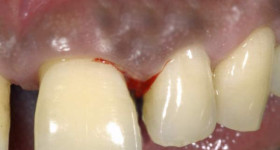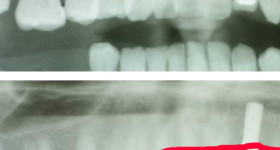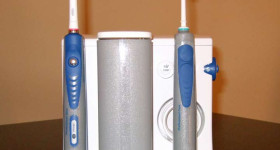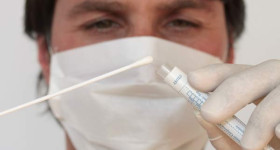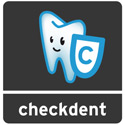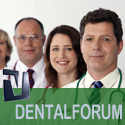A placebo is a substance which a patient is told is medicine, but which actually contains no medicinal properties and thus has no real pharmacological effect!
Even surgical procedures can be placebos, for example ‘pretend’ operations.
–
 Researchers have discovered that the sensation of pain is blocked on the way from the skin to the spinal cord if the patient expects little or no pain.
Researchers have discovered that the sensation of pain is blocked on the way from the skin to the spinal cord if the patient expects little or no pain.
–
There are many different ways in which psychological factors can affect the way we perceive pain: drawing attention away from it, hypnosis and of course the placebo effect. But what neuro-biological mechanisms are involved in reducing the feeling of pain?
–
Researchers have found that the placebo effect is associated with reduced nerve cell activity in the spinal cord.
–
Neuro-scientist explain the placebo effect as follows: believing that pain medication will work leads to an rise in the level of endogenic opiates released in the brain – also known as endorphins. This is the case both in the frontal cerebral cortex, which is more highly developed in humans, and parts of the brain stem, which are older in evolutionary terms. The release of these endogenic opiates leads to reduced pain perception and thus a reduced response on the part of the nerve cells in the parts of the brain responsible for processing sensations of pain.
–
How exactly this release of opiates and the reduction of nerve-cell activity responsible for pain perception are related used to be unclear. Earlier studies have shown that placebo effects – reduced pain perception despite physical stimulation – are accompanied by increased endorphin activity between the frontal areas of the cerebral cortex and the brain stem. The latest technical developments now enable the use of high-resolution magnetic resonance tomography pictures of the human spinal cord to show that during a placebo effect there is reduced nerve cell activity in the spinal cord, the gateway to the central nervous system. This shows that the psychological factors affecting pain modulation are rooted deep in the brain.
–
The fact that these factors can be measured in the human spinal cord is also important for clinical studies on testing new medicines, as it is possible to measure both their efficacy and examine the areas they affect.
Source: Science Vol. 326. no. 5951, p. 404

